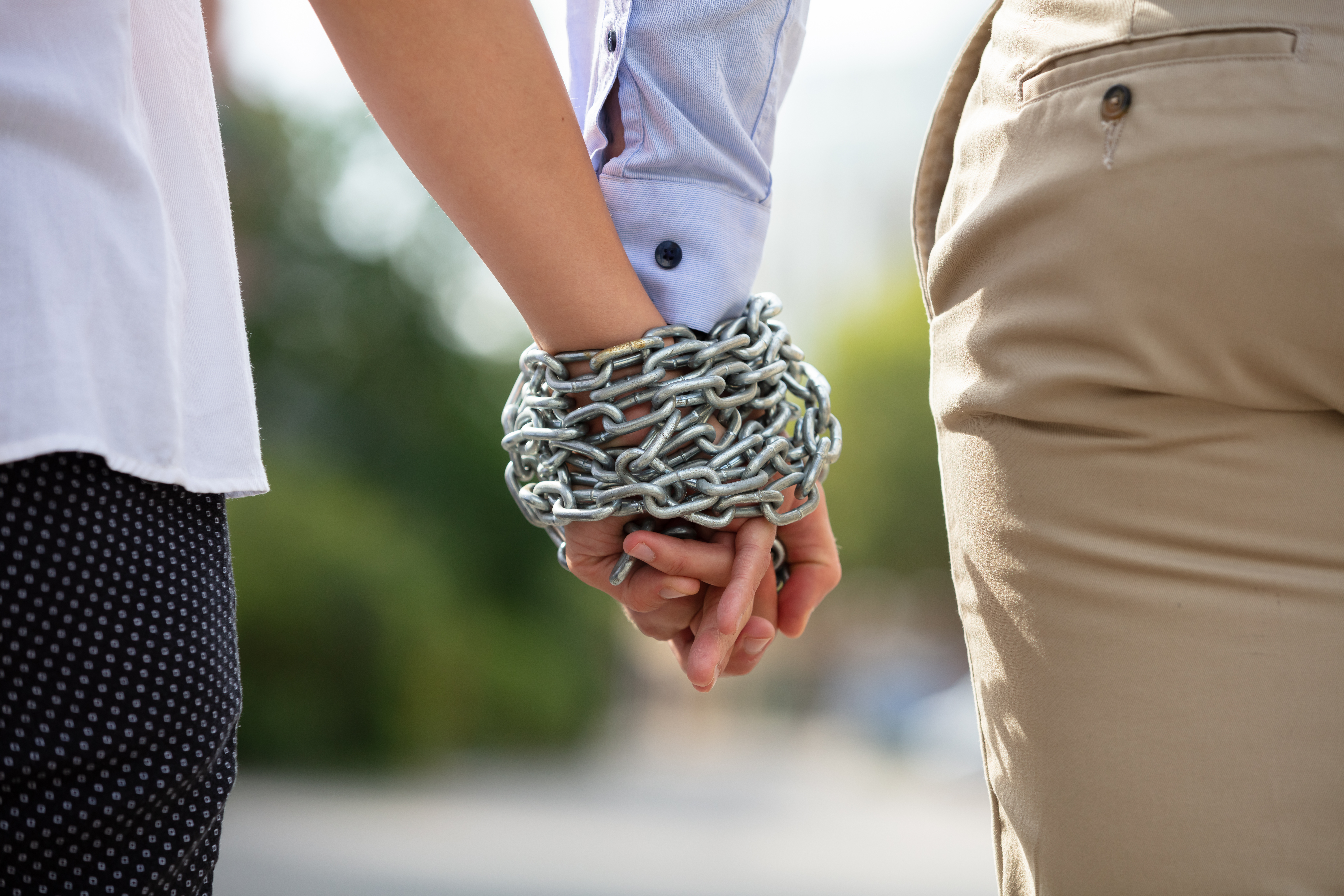It is nearly impossible to talk about addiction and recovery without talking about codependency. Some days it may even seem like it has become fashionable to say that you are codependent. But what does it mean? And how does it relate to addiction? While it can all seem confusing, you can work to make the relationship between addiction and codependency simplified. At Evolve Indy, we understand the interplay between addiction and codependency. We’re here to help you conquer both.
What Is Codependency?
Codependency has as many definitions as researchers who have written about it, and there has been a lot of research. Melody Beattie, in her book Codependent No More, defines someone who is codependent as “one who has let another person’s behavior affect him or her, and who is obsessed with controlling that person’s behavior.” Co-Dependents Anonymous has no formal definition of codependency but instead looks at attitudes and behaviors, including denial, low self-esteem, compliance, control, and avoidance patterns. For example, a denial pattern is denying or minimizing your feelings. An example of a compliance pattern is being extraordinarily loyal and remaining in a harmful situation for too long. Codependency can’t always be clearly described because it manifests differently in different situations. However, a central theme is dysfunction within a relationship where at least one person is dependent somehow.
How Does Codependency Relate To Addiction?
Addiction and codependency can be simplified as the interdependence between the individual who is suffering from addiction and their loved ones. In fact, the term codependency was created around the relationship dynamics that researchers saw between alcoholics and their families. Those at the most significant risk for codependency are spouses of substance abusers, people recovering from substance abuse, and adult children of alcoholics.
Codependency includes the behaviors that family members engage into work around someone’s substance abuse or dysfunction. While it was initially labeled as enabling, that term focused only on what an individual did to minimize the consequences of a loved one’s substance abuse. Enabling somehow places blame on the spouse or parents of alcoholics and addicts, rather than acknowledging the dysfunction on all sides. By changing to codependent, we recognize the interdependence of the relationship.
Examples of a Codependent Relationship With an Addict
One of the most obvious examples of codependency in a relationship with an addict is the denial that someone is actually an addict. The other most prominent example is to focus entirely on the person with the substance abuse problem while completely ignoring their own needs; everything in the family becomes about the person who is abusing a substance. Researchers have found that codependents often take on one or more of the following roles:
- Rescuer
- Caretaker
- Joiner
- Hero
- Complainer
- Adjuster
The rescuer saves the person from the consequences and may look at putting an alcoholic to bed after they pass out. A caretaker takes care of everything so that the alcoholic or addict does not have any responsibilities. You might find a caretaker doing all of the household, child-rearing, financial, and other chores. Closely related to the caretaker is the hero, who becomes the family’s superhero to maintain an image and hide what’s going on.
On the opposite end of the spectrum, the complainer blames the alcohol or addict for everything, even if it’s not their fault. The joiner decides that if you can’t beat them, you join them and can be found using or drinking with their loved one. Finally, the adjuster withdraws from the family. All of these roles and behaviors are dependent on the other person, and if that person decides to get sober, the whole system goes off the rails. Addiction is a family disease and requires treatment for the entire family to recover.
Get Help With Addiction at Evolve Indy
At Evolve Indy, we have addiction treatment programs to meet your needs and we care about your success in recovery. Our individual, group, and family therapy programs can make the relationship between addiction and codependency simplified. Contact us today to see how we can best support you and your family in your journey to sobriety!

